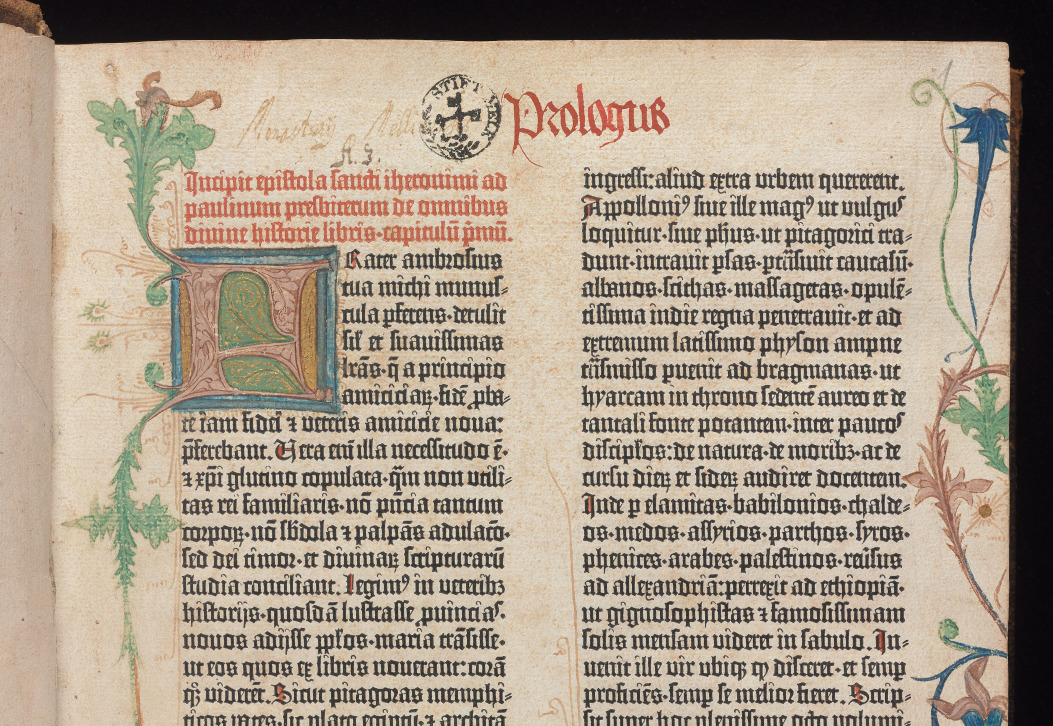Johannes Gutenberg made the printing press in the middle of the 15th century. It is considered one of the most important events in history. Before it was made, books had to be carefully copied by hand, which took a lot of work and made books rare and expensive. Gutenberg, a German blacksmith and engineer, tried to get around this problem by making a machine that could copy texts. Not only did his idea change the way books were made, but it also had big effects on society as a whole.
History: How the Printing Press Came to Be
Johannes was born in Mainz, Germany, around the year 1400. In his early years, he was interested in metalworking and making things by hand. These are skills that would later be very important to his new discovery. In the 1430s, Gutenberg started to play around with different printing methods in order to make a machine that could make books faster than hand-copying.
He made the first movable-type printing press around 1440. Individual metal letters that could be moved around to make words and lines were used in this machine. This made it possible to quickly put together pages. After the letters were put in order, they were drawn and pressed onto paper using a screw device that was taken from a wine press. This method cut the time and work needed to make books by a huge amount.
Gutenberg was mostly driven by both economic and intellectual needs. He knew that there was a greater need for books and that writing by hand had its limits. He wanted to make books easier to get and make as much money as possible by automating the process. The Gutenberg Bible, which he finished around 1455, was his first big job. This 42-line Bible was both a work of art and a demonstration of the printing press's power. It was praised for its skill and design.
The effect is changing society and communication.
The invention of the printing press changed many aspects of life in massive ways:
Getting Knowledge Out
Before the printing press, books were expensive and were mostly owned by faith groups and the rich. The cost of books dropped a lot when they were mass-produced, which made them available to more people. This sharing of information made it possible for more people to learn to read and write and for new ideas to spread.
The Renaissance and the Reformation
Texts and Languages should be Standardized.
As more copies of books were made, texts became more uniform, which helped cut down on the mistakes that were common in handwritten writings. Standardization also helped common languages grow and stay stable by making texts more regular and easier for many people to read.
Progress in Education and Science
More efficient production and distribution of scientific works made it possible for new findings and ideas to spread quickly. Educational organizations gained from having more textbooks available, which led to a more informed and learned population.
The Bad Effects
The printing press caused many good changes, but it also caused some bad ones that weren't meant to happen:
The Spread of False Information
Because it was so easy to copy texts, fake or incorrect information could get around just as quickly as real information. These problems with checking the reliability of printed materials are still around today.
Putting down and Censoring
Because the government knew how powerful the written word could be, they tried to control and ban writings that they saw as heretical or subversive. This caused disagreements about the right to free speech and the management of information.



No comments:
Post a Comment